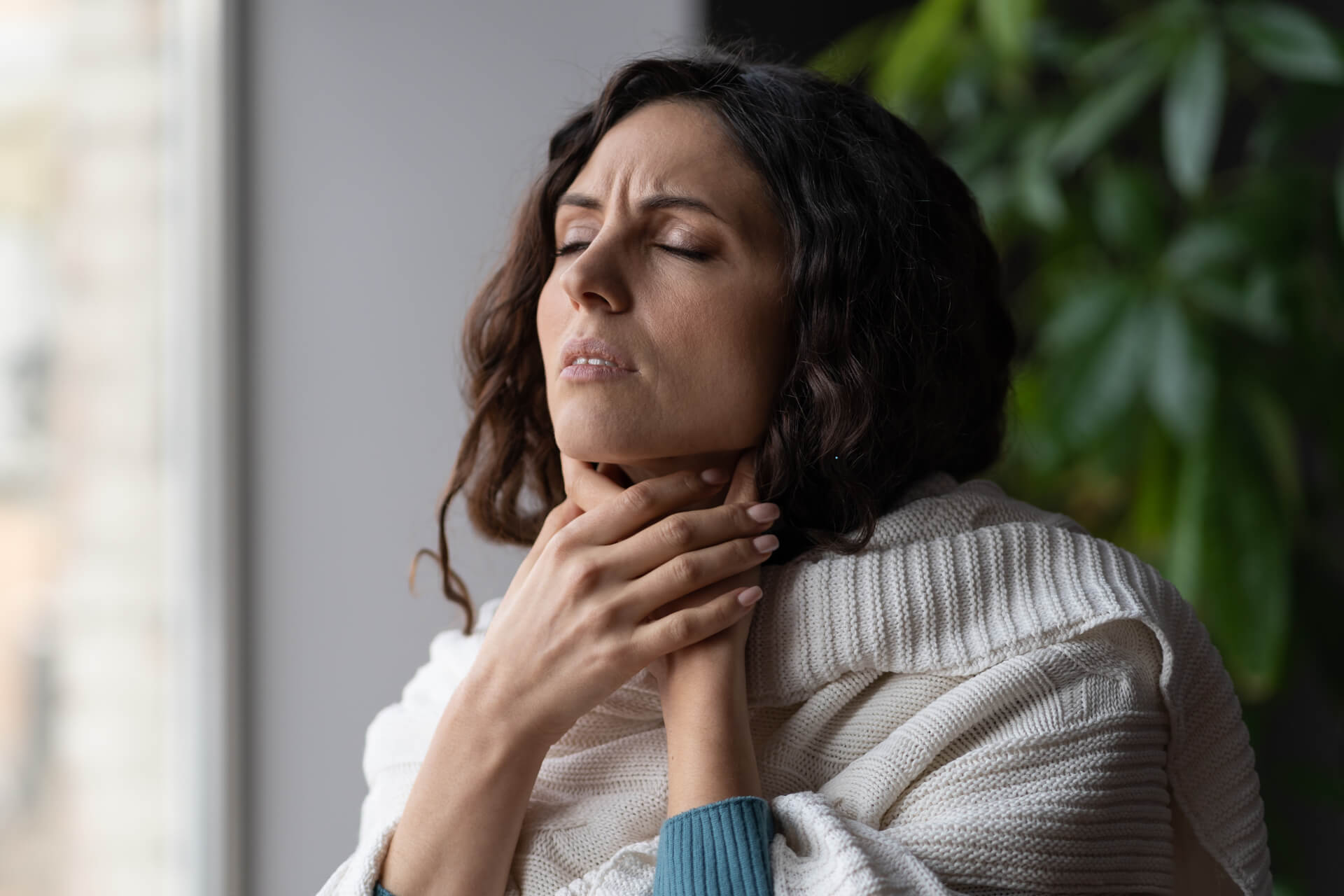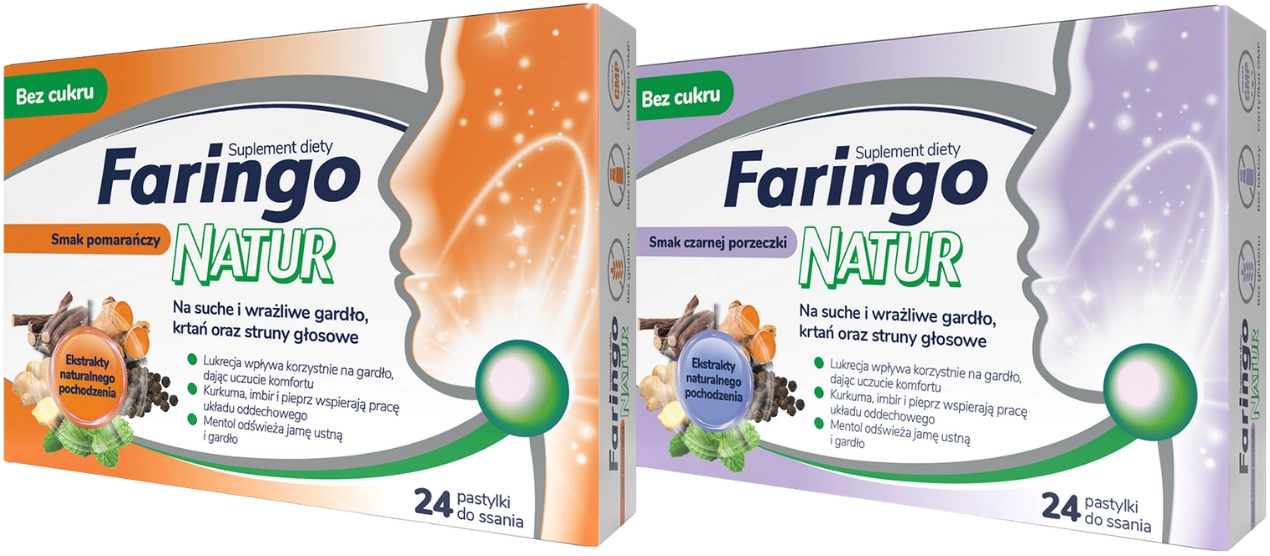
HOARSENESS – CAUSES
A sore throat is not the only condition that can affect our throat. Hoarseness can happen to us just as often. However, it does not have to be caused by an infection. A hoarse voice can also be the result of irritation or injury to the vocal cords due to voice strain.
The throat is used every day in everyday communication, as well as professionally. In addition, there are environmental conditions that negatively affect the condition of our throat and vocal cords, e.g. environmental pollution such as smoke or dust present in the inhaled air.
Hoarseness – what is it and how does it occur?
Hoarseness is any abnormal change in the voice. It can cause it to rise, fall and difficulty in producing the right sound. The voice can change both pitch and volume – from a deep, rough voice to a weak, hoarse one.
Additional symptoms, apart from the change in sounds produced, may include a feeling of phlegm in the throat, cough, sore throat, throat clearing, dry throat, and sometimes even temporary loss of voice.
What can cause hoarseness?
- Infections
The most common cause of hoarseness is upper respiratory tract infections, both those caused by viruses and those caused by bacteria. - Overuse of vocal cords
The second most common cause of hoarseness is laryngitis and/or vocal cord inflammation caused by overuse of vocal cords. This condition can often be observed in people who work with their voice, e.g. teachers or singers. - Cigarettes
Smoking, especially irritating smoke or the process of quitting smoking and the accompanying cleansing of the respiratory tract, can also result in hoarseness. - Screaming or crying in children
Hoarseness can also occur after prolonged shouting, loud singing, e.g. at a rock concert. And in children, even as a result of prolonged crying.
Other causes of hoarseness:
- dry rooms, especially air-conditioned ones
- alcohol consumption, as it has a strong drying effect
- allergies
- thyroid problems, including vocal cord irritation after thyroid surgery
- post-antibiotic or post-inhalation reaction
- benign vocal cord nodules, cysts or polyps
- vocal cord paralysis, e.g. from spicy food
- gastroesophageal reflux
- inhalation of substances that irritate the respiratory tract
- mechanical trauma to the larynx/vocal cords
- neurological conditions (such as Parkinson’s disease and strokes)
- laryngeal cancer
If you have a dry throat or hoarseness, it is worth moisturizing your throat, larynx and vocal cords! Try FaringoNatur.

Food Suplement
Moisturizes, protects and refreshes the throat, larynx and vocal cords!
This site is a product presentation site. For proper treatment and complete information, please consult your doctor or pharmacist.
Literature:
1. W. Szczeklik, F. Mejza, Chrypka [w:] Interna – Mały Podręcznik Medycyny Praktycznej – dostęp online, aktualizacja: 10.08.2022
2. Lek. I. Witkiewicz, lek. M. Wiercińska, Chrypka u dorosłego: przyczyny, objawy i leczenie. Co na chrypkę? [w:] Medycyna Praktyczna, 29.11.2022
